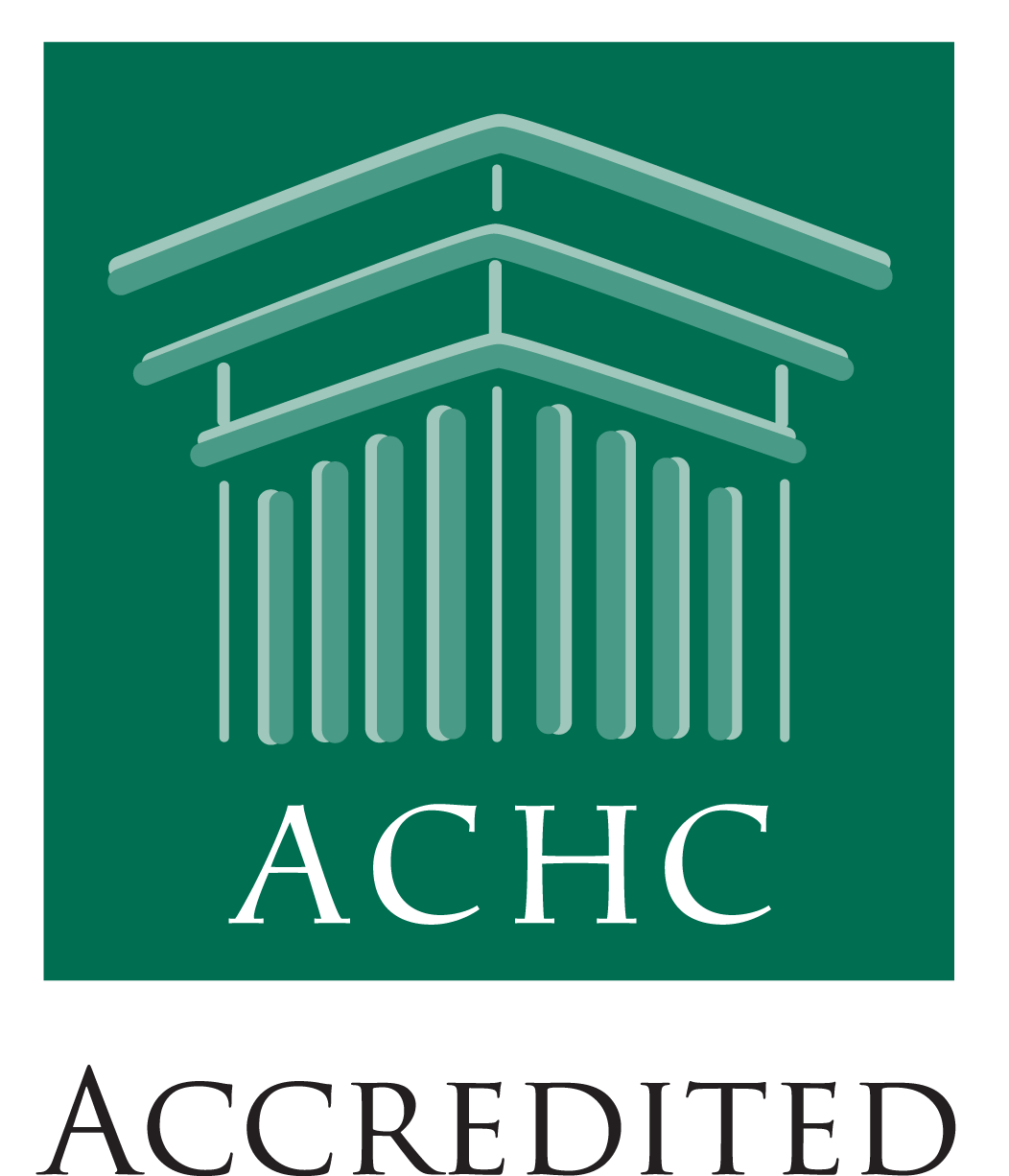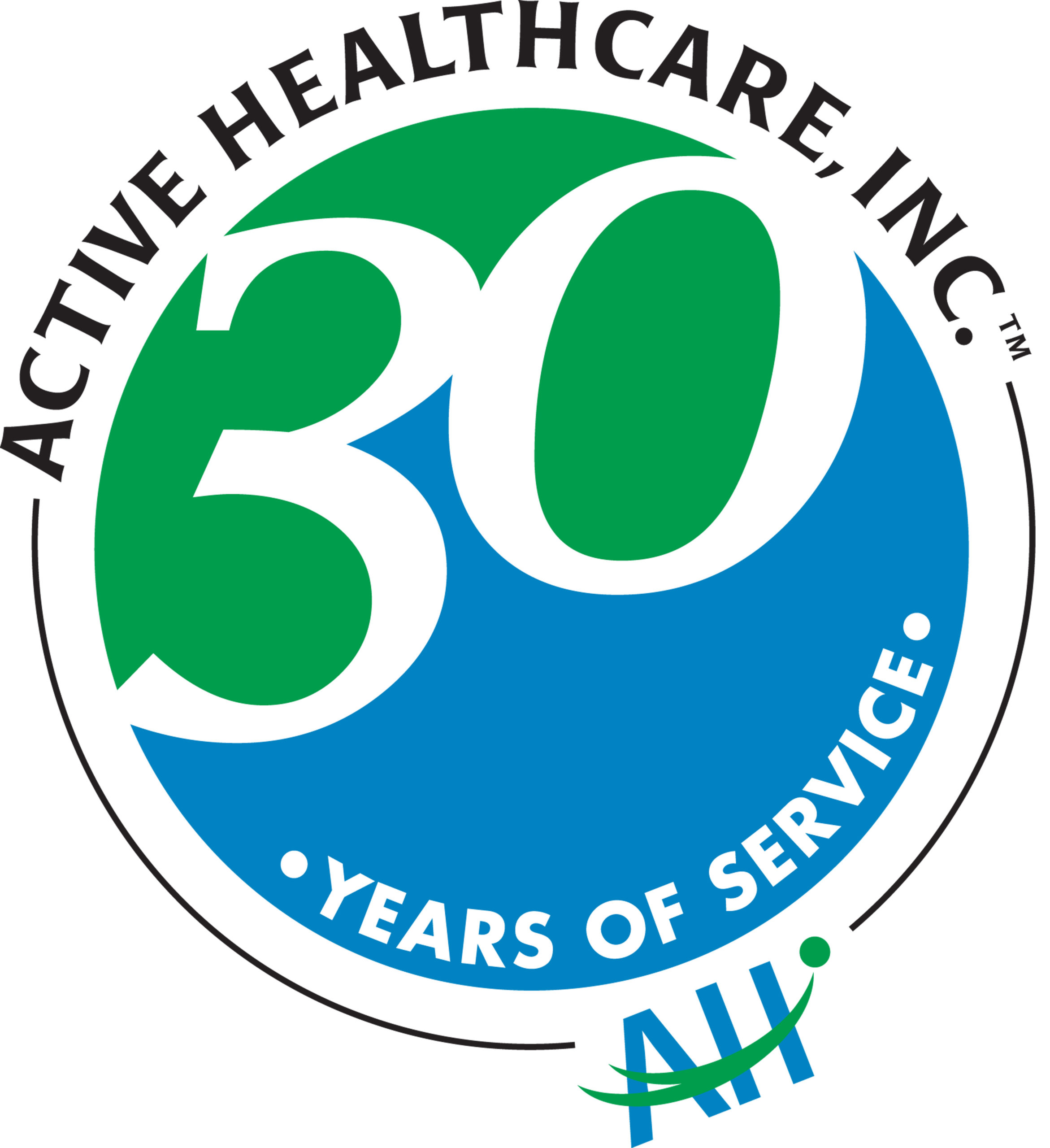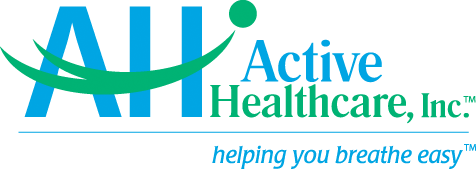Apologies, but no results were found for the requested archive. Perhaps searching will help find a related post.
-
Follow Us!
Sign up for our Newsletter
-
Latest Posts
-
Apologies, but no results were found for the requested archive. Perhaps searching will help find a related post.







